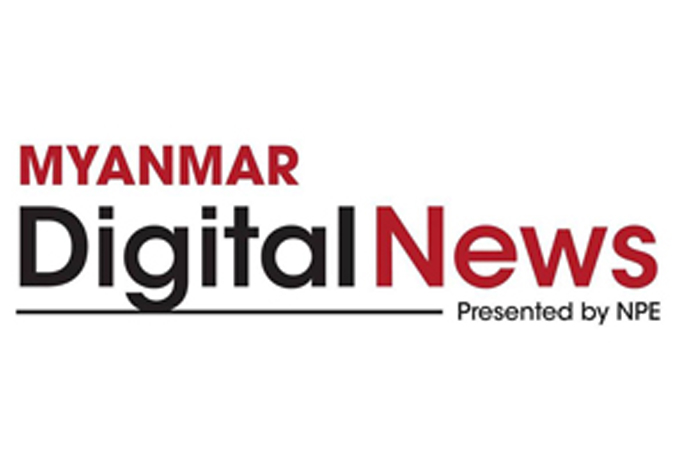Education transcends the confines of classrooms, evolving into a dynamic process that involves assimilating knowledge from both the environment and society. It serves as the cornerstone for nurturing individuals, instilling in them a passion for learning and analytical thinking. Beyond the conventional notion of theoretical studies, education plays a pivotal role in elevating one’s understanding of the environment, honing problem-solving skills, and fostering creativity.
The quest for knowledge extends beyond academic boundaries, encompassing a diverse array of subjects and arenas of learning, such as science, history, and fine arts. Both formal education and self-directed study empower individuals not only to apply their acquired knowledge but also to share their expertise with the broader community. Education, therefore, transcends the mere accumulation of facts, extending to vocational courses, technological skills, and the invaluable sharing of personal experiences.
A holistic education emphasizes the pivotal role of social and mental intelligence in one’s life journey. It becomes a tool for cultivating empathy, nurturing meaningful relationships, and enriching the socioeconomic fabric. Critical thinking, rationality, and the development of personal abilities are integral aspects of education, contributing to the holistic growth of individuals.
Individuals aspiring to greatness must dedicate themselves to the study of subjects that resonate with their passions. Collaboration becomes imperative, as sharing knowledge and experiences with others not only enriches individual understanding but also broadens the collective scope of expertise. This collaborative spirit is essential for fulfilling the inherent responsibility of addressing societal conflicts and individual problems, transcending the narrow self-interest.
Endurance in the face of criticism and the ability to objectively analyze controversies and diverse incidents is a hallmark of an educated person. Such individuals contribute to the establishment of sound foundations for robust global relations. Recognizing that no one is inherently superior, self-reflection becomes crucial for acknowledging both strengths and shortcomings. Upholding ethical standards, both in actions and thoughts, is a duty that educated individuals owe to society.
Education, therefore, emerges as a transformative journey aimed at resolving life’s complexities through knowledge and experiences. Those adept at problem-solving contribute not only to their personal growth but also to societal advancement and global development. To foster an education society, individuals must extend a helping hand to others, recognizing that collective progress hinges on the shared pursuit of knowledge and the collective elevation of human capabilities.


